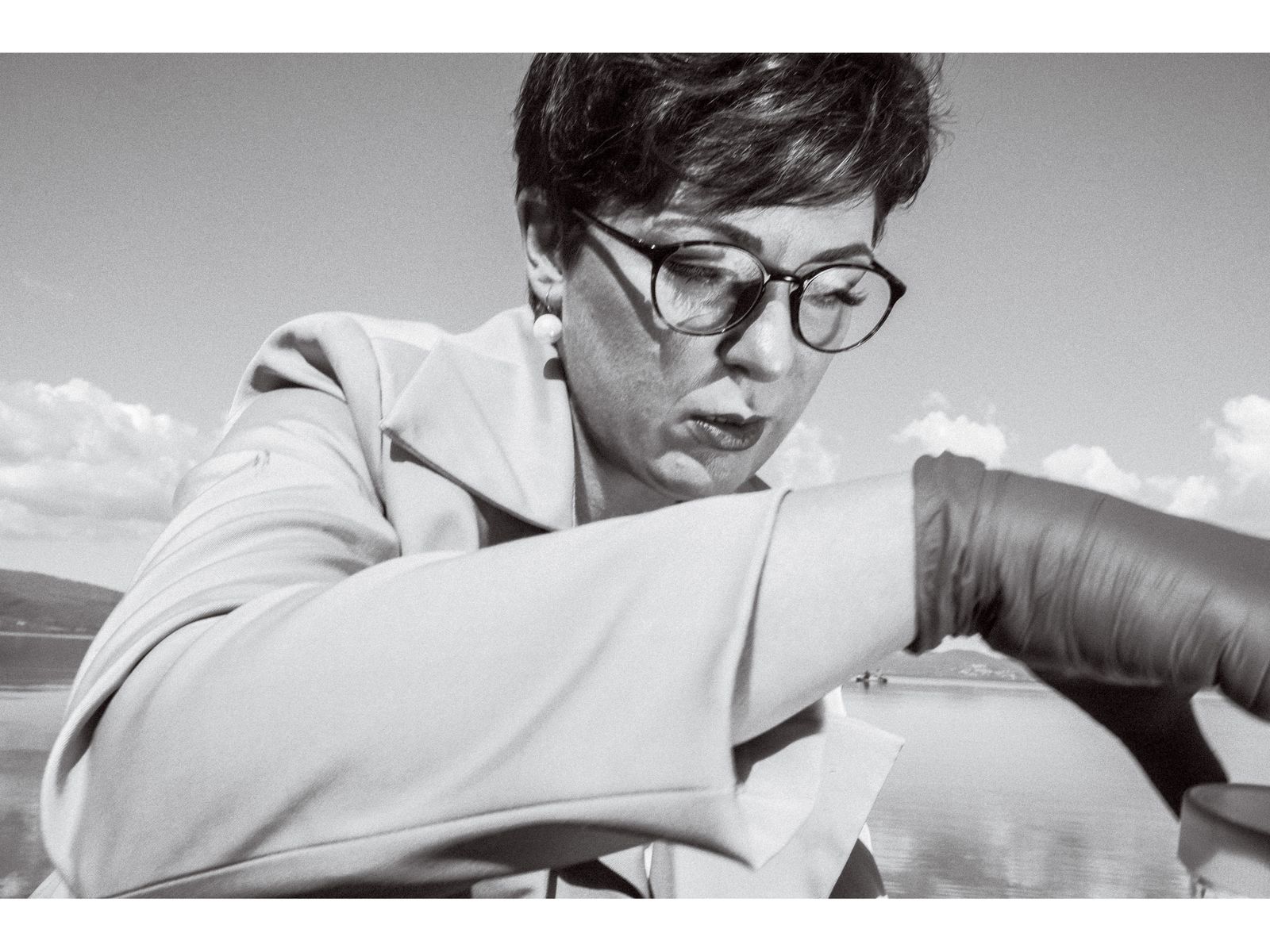Paola Magni didn’t plan on getting involved in her most infamous case. As a forensic entomologist, she researches how insects and related creatures found at crime scenes can help investigators solve mysteries. She frequently works with public health officials and coroners, who, perhaps surprisingly, are often repelled by vermin, critters and crawlers.
“Pathologists hate bugs,” she says of the doctors who examine corpses. But her comfort with these widely loathed creatures, combined with a talent for communicating forensic concepts to the public in press interviews and on social media, have propelled her to the forefront of innovations in forensic biology.
She has consulted on dozens of homicide cases and suspicious deaths all over the world. In association with the local health service, she established Italy’s first forensic entomology laboratory, then housed in the Turin morgue. A smartphone app she created called SmartInsects, which helps investigators identify bugs and guides them in how to collect samples, has been downloaded more than 40,000 times, mainly by pathologists, law enforcement officers and students.
And by applying her expertise to all the living organisms that arrive opportunistically at crime scenes like uninvited party guests, from flies to barnacles, Magni has become a leading figure in the burgeoning field of aquatic forensics, which extends the science of criminal investigations to evidence found in bodies of water.



deleted by creator